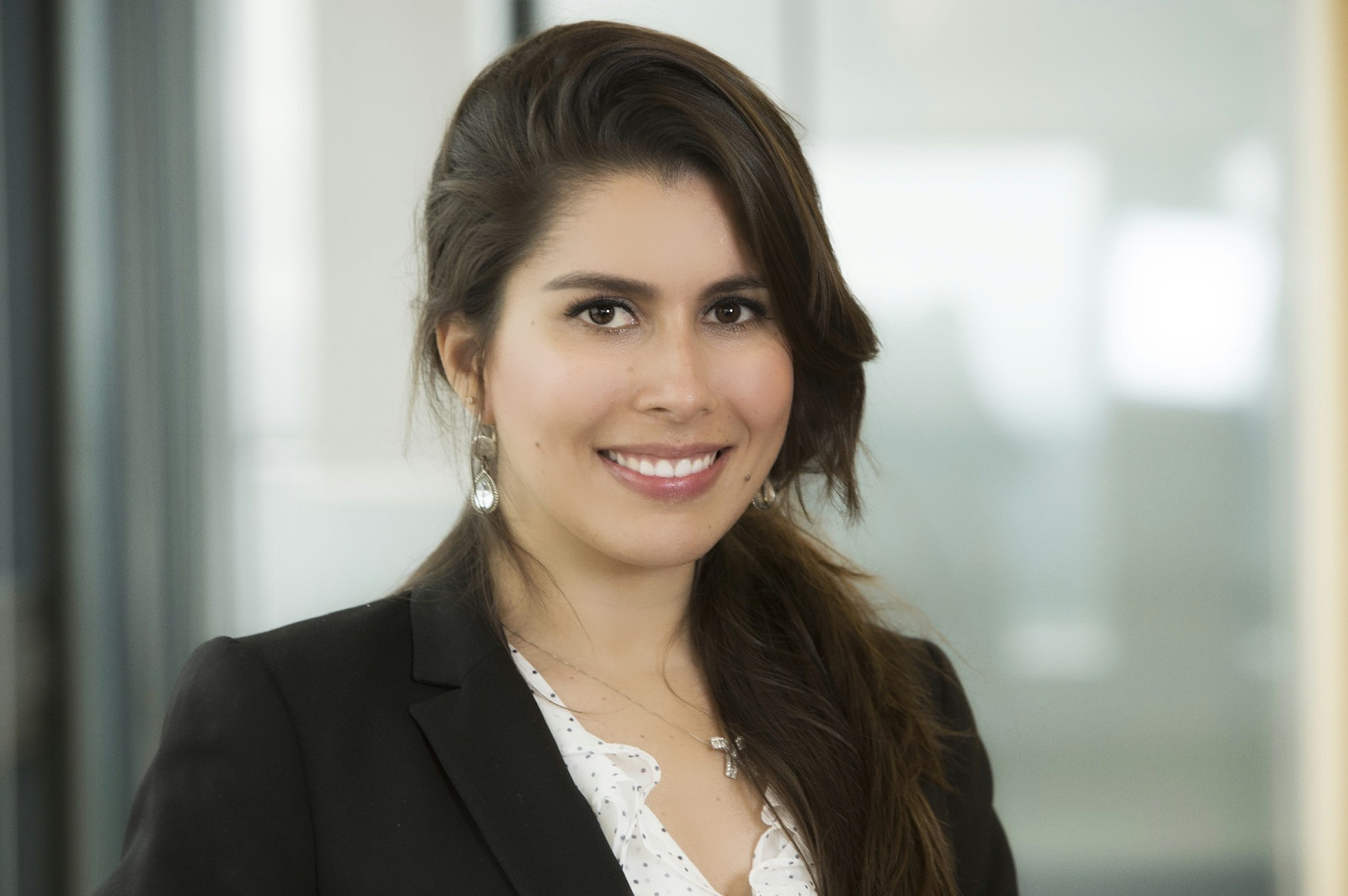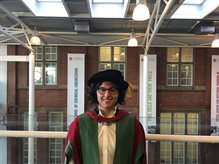Rutherford Fellows 2018

We are proud to be one of the universities selected for funding through the Universities UK International (UUKI) Rutherford Fund Strategic Partner Grants programme, which provides funding for for short-term fellowships that aim to build on and enhance global strategic partnerships.
The Rutherford Fund Strategic Partner Grant programme is a new initiative administered by Universities UK International (UUKI), and financed by the UK Department for Business, Energy and Industrial Strategy (BIES), that provides funding to offer short-term fellowships that will build on and enhance university global strategic partnerships. The University of Birmingham is one of seventeen UK Universities, from 85 applications, that have been successful in the first round of calls. As a result, we will receive £150,000 to support seven fellowships, which are taken up by up-and-coming researchers from Brazilian institutions between March 2018 and March 2019.
Our country focus for this call was Brazil and fellows will be hosted across four colleges for periods from one to 12 months, to carry out joint research activities with academic colleagues. Information on the fellows, supervisors and their projects can be found below.
Camila Azevedo Antunes Konnietzko,Universidade do Estado do Rio de Janeiro (UERJ)
|

|
In collaboration with Professor Ian Henderson from the Institute of Microbiology and Infection, the proposed three month program will improve existing research networks between the University of the State of Rio de Janeiro and the world leading scientific group at the University of Birmingham. The project will define for the first time the gene essentiality in Corynebacterium diphtheriae, the causative agent of Diphtheria. Diphtheria is well controlled in vaccinated populations, however, the decline of vaccinations in certain parts of the world hasled to a resurgence in cases of Diphtheria and the emergence of non-toxigenic disease causing lineages of this bacterium. Working together, we have created a high density transposon insertion library in a non-toxigenic strain of C. diphtheriae isolated from an ill patient. This will allow us to identify all genes that are essential for viability which can be targeted for novel therapeutic strategies. During the project we can exploit this library to identify all conditionally essential genes, e.g. those required for resistance to complement dependent killing or those that are required for infecting the host. This information will provide an unprecedented level of understanding of an important human pathogen. |
Felipe Montefeltro,Universidade Estadual Paulista "Júlio de Mesquita Filho" (UNESP)
| |
Dr Montefeltro will be hosted by Professor Richard Butler from the School of Geography, Earth and Environmental Sciences, this project will focus on testing the roles of hypercarnivores in the unique ecosystems of Cretaceous Brazil. |
Carolina Musse Branco,Universidade Estadual Paulista "Júlio de Mesquita Filho" (UNESP)
 |
Dr Musse Branco (who is a University of Birmingham alumnus) will be hosted by Dr Lais Galileu Speranza and Dr Miloud Ouadi from the School of Chemical Engineering, this project will concentrate on the application of Thermo-Catalytic Reforming for energy generation by the production of biofuels (bio-oil and syngas) from waste. It will demonstrate the technical viability and cost-competitiveness of TCR technology and develop a competitive solution for generating energy in rural areas from waste biomass.
|
Umberto Rivieccio, Universidade Federal do Rio Grande do Norte (UFRN)
| |
This research project will focus on reasoning with regards to computer systems in the presence of conflicting and incomplete information, within the area of "computational logic" and "verification", with Professor Achim Jung from the School of Computer Science hosting Dr Rivieccio.
|
Vitor Ferreira, Universidade Federal da Bahia (UFBA)
| |
In collaboration with Professor Athanasios Tsolakis, this project will perform theoretical and experimental work in the area of carbon free (Ammonia, Liquid Air) and low carbon energy carrier (Ethanol, Methane) for transportation. In addition, heat recovery technologies from efficient future vehicles will be considered. |
Bernardo Buarquede de Hollanda, Fundação Getulio Vargas (FGV)
| |
Working with Dr Courtney Campbell, Latin American specialist from the Department of History, Dr Buarquede de Hollanda will study the modernisation of football stadia in England.
|
Mayra Muller Spaniol, Universidade Presbiteriana Mackenzie
| |
During her stay, Dr Muller Spaniol will be working on the atypicalities in autism and the broader autism phenoetype, in collaboration with Dr Carmel Mevorach in the School of Psychology. |
Tatiana Rosenstock, Santa Casa de São Paulo Medical School
| |
In collaboration with by Dr Sovan Sarkar from the Institute of Cancer and Genomic Sciences, the project will involve analysing the impact of autophagy deficiency on mitophagy and mitochondrial function in human neurons derived from autophagy-deficient human embryonic stem cells. Dr Rosenstock will be utilising several cell biology and biochemical assays including immunofluorescence, confocal microscopy, microplate reader-based fluorescence analysis, and oroboros experimentation, amongst others.
|